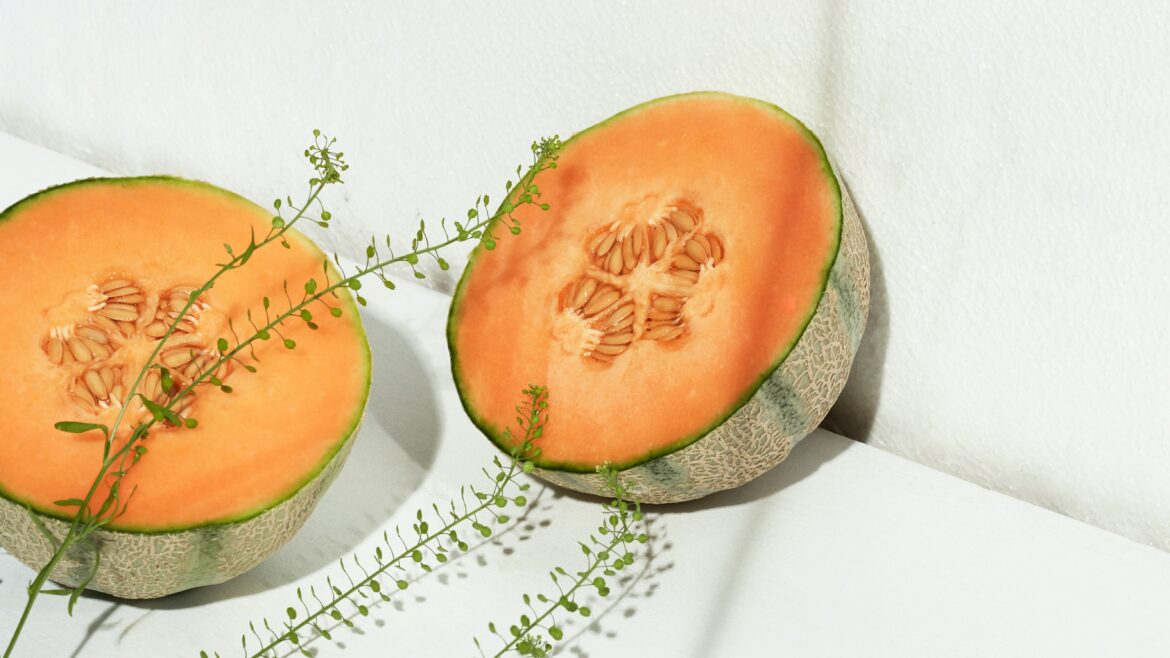Acid reflux happens when the opening to our stomach from the esophagus doesn’t close properly after the food enters the stomach. Due to this, a bit of stomach acid or hydrochloric acid escapes back into the esophagus. It will affect the entire esophagus. And even clear up to the throat in some cases. The stomach can handle the acid; the esophagus does not so much. It can range from just uncomfortable to very painful if it continues to reoccur.
If the acid reflux continues, it can have severe repercussions and may cause ulcers in the esophagus to occur. Therefore, people use all kinds of remedies to cut down on the severity of stomach acid when it happens. For example, from chewing gum to create more saliva, which is a base, to drinking more water to dilute the acid, and so forth.
Why Are Melons Good For Acid Reflux?
Many people are not aware of the fact that melons are an excellent help for acid reflux. Consider the watermelon. Of course, there are many types and varieties of watermelons, influenced by where you live and the year’s season. The watermelon can be small, ample, yellow, red, or pink flesh and have seeds or no seeds. It doesn’t matter because any watermelon will work.
The watermelon works better if it is ripe. It will not reduce the acidity if it is not ripe enough. You can check a watermelon and see how ripe it is without opening it. Look at the bottom of the melon, and look for a yellow or cream color in the rind. If the rind is white or green, the watermelon is not yet ripe.
You can store watermelon at room temperature for about two weeks and in the refrigerator, if cut, for about three days. If you cut the watermelon into bite-sized pieces, it will be easy to take them out and eat quickly if you have acid reflux.
How To Use Melon For Acid Reflux?
If you have acid reflux during or after a meal, eat 4 to 6 chunks of the melon. It depends upon your discomfort, but you can continue to eat it until you find relief. Of course, the water in the watermelon will neutralize the acid, but the melon itself will also have soothing properties.
Watermelon is an alkaline food, and the more you eat, the more neutralization will occur when it comes into contact with the stomach acid. Therefore, you can eat the watermelon in measured doses over time, with better results the more you eat.
You can change your taste for melon by trying cantaloupe and honeydew melons as well. They are low in acidity and have a high water content too. They also have minimal acid and can counteract the acid in your esophagus. Melons are slightly acidic with a pH of 6.1. However, they are an excellent source of magnesium, which tends to fight the effects of acid reflux, and is found in many antacid remedies.
You can also try to make a smoothie out of your favorite melon. Again, you will have the advantage of its healing qualities, plus the curative value that it brings to neutralizing the acid in your stomach.
Melons can be very soothing to your digestive system. If you eat them slowly and chew them reasonably, not only will they help to clear up your heartburn, they will help to neutralize stomach acid that is being released by your stomach into the esophagus.
BOTTOM LINE
Melons are an excellent source to relieve heartburn. They are low in acid and rich in magnesium. This effect makes them among the best food for acid reflux. If your heartburn is not getting better, seek medical advice.


